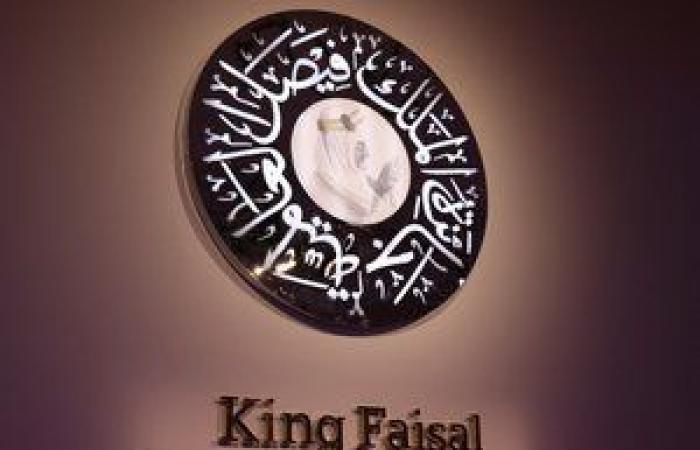
KFIP sets global benchmark in identifying major contributions
The General Secretariat of King Faisal International Prize (KFIP) has stated that it has adopted the highest international standards to identify the most valuable global contributions in the service of humanity as it began a comprehensive review of nominations for the 40th session of prestigious award.
Nominations have been received from all parts of the world under five categories of the award: Service to Islam, Islamic Studies, Arabic Language & Literature, Medicine, and Science.
The extensive evaluation process to select the winners of the award in each category comprises four phases – International Scientific Organizations, Peer Reviewers, Referees, and Selection Committees.
In the first phase of the selection process, the General Secretariat of KFIP invites Islamic organizations, universities, scientific institutions and other learned circles from around the world to nominate individuals and institutions whom they believe are worthy of the prize.
In the second phase, the nominated names must pass peer reviews, followed by detailed scrutiny of the nominated works.
The evaluation by specialized experts appropriate to each discipline in this phase is to ensure compliance of the nominations with the award’s conditions and standards.
In the next phase, the General Secretariat consults with universities and scientific institutions to select internationally renowned referees who are specialists in the prize’s topics, and who come from different scientific centers in order to ensure neutrality, justice and transparency.
These referees evaluate the nominated works and prepare detailed reports and recommendations on each nomination.
In the final phase, the selection committee for each prize meets in Riyadh to evaluate referees’ reports and select one or more winners or withhold the prize. These selection committees consist of nationally and internationally prominent scientists in their disciplines. The selection committees’ decisions are final.
“The extensive evaluation of nominations has enabled the King Faisal International Prize to accurately identify major research work and scientific breakthroughs years ahead of the recognition such works received by other prestigious awards, including the Nobel Prize. This is the reason why as many as 18 KFIP winners have later been bestowed with the Nobel Prize,” said KFIP Secretary General Dr. Abdulaziz Al-Sebail.


























